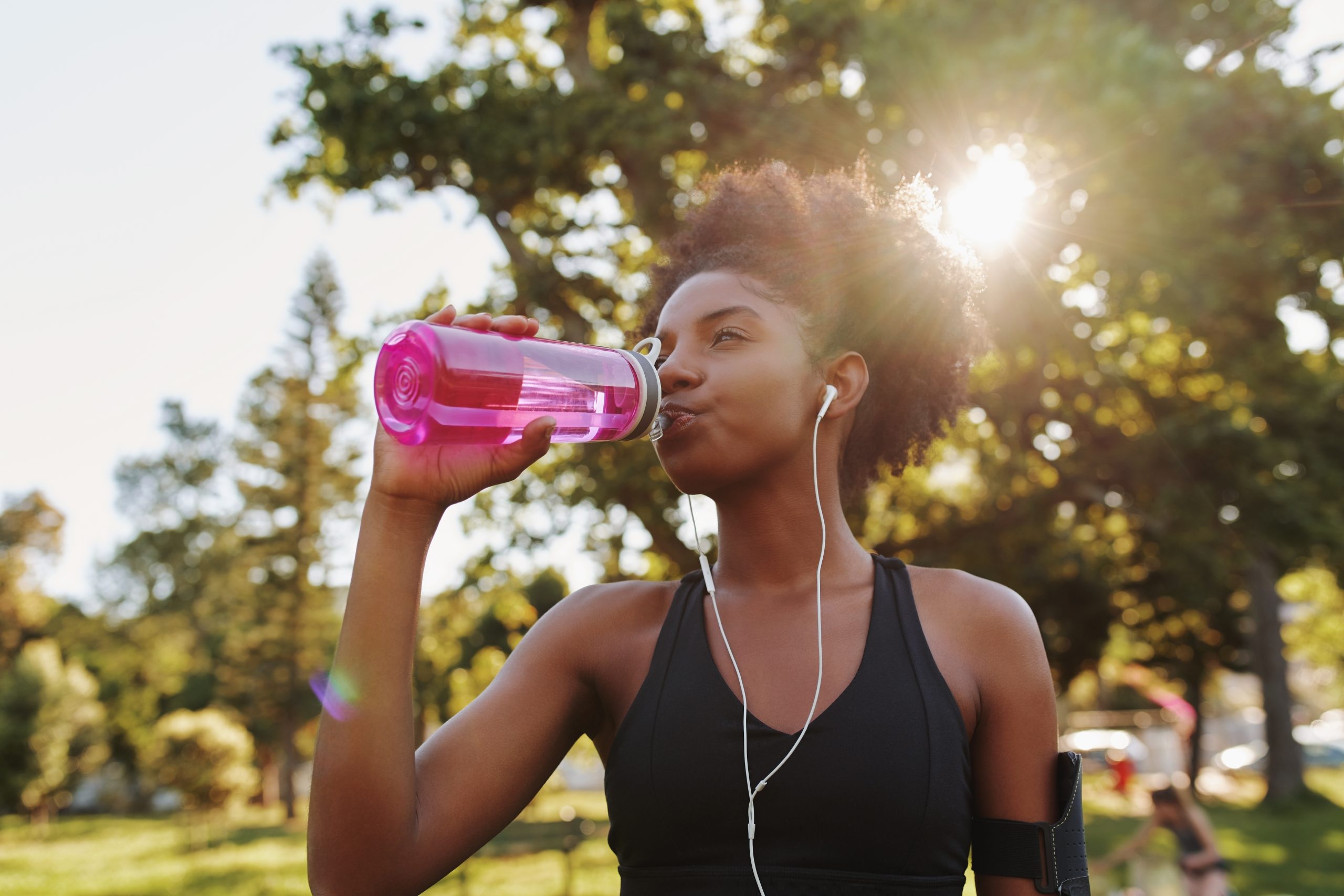Tips for recognizing, treating and preventing dehydration!
As we head into the hottest days of the year, it is important to realize that your risk of dehydration increases along with the temperature.
On average, the human body is made up of approximately 60% water, which is constantly being expelled through various mechanisms like breathing, sweating, urinating and bowel movements. As the temperature rises in the summer, your body will sweat even more and your risk of losing too much fluid increases. This is why it is incredibly important to maintain sufficient hydration throughout the summer and replace the water that you lose, so your body continues to function correctly.
We will discuss the signs of dehydration so you can be aware of this condition in yourself and your loved ones and are able to prevent it with sufficient hydration, or treat dehydration when it presents itself during the heat of summer.
What is Dehydration?
Dehydration is a serious health condition that occurs when your body loses more fluids than it takes in.
Your body needs fluids to keep your body temperature stable, move nutrients around your body, and move waste out of your body. When you are dehydrated, your body cannot complete these functions as it should.
Common Symptoms of Mild Dehydration:
- Thirst
- Dry mouth, lips and tongue
- Feeling dizzy or lightheaded
- Headache
- Dark urine
- Less urination than usual
- Fever
- Babies with mild dehydration might have fewer wet diapers or diapers that are not as wet as usual
- Older children may not ask to go to the bathroom as often
Signs of Severe Dehydration:
- Extreme thirst
- Rapid breathing, fast heart rate and low blood pressure
- Irritable, tired or confused
- Cold hands and feet
- Pale skin color
- Sunken eyes
- Babies who are severely dehydrated might have a sunken fontanelle (the soft spot on top of the baby’s head).
What Can Cause Dehydration?
Dehydration isn’t always caused by accidently or purposefully not drinking enough water. It can also be caused by conditions that have nothing to do with the heat or exercise.
You might become dehydrated if you:
- Don’t drink enough water
- Have severe vomiting or diarrhea
- Have a fever
- Drink too much alcohol
- Do strenuous exercise, especially in hot weather
- Take certain medicines, such as diuretics
- Have diabetes
Babies, young children and older adults are at an enhanced risk of becoming dehydrated.
Preventing Dehydration:
Your daily fluid needs depend on several factors, including your gender, degree of activity and fitness, the weather, and any underlying medical conditions.
The conventional rule is to consume about half of your body weight (in pounds) in ounces. For reference, a 200-pound adult needs about 100 ounces of water daily.
Your degree of physical activity will also affect your water needs. Therefore, for every 30 minutes of daily activity, you should add roughly 12 ounces of water to your total consumption.
You can also help prevent dehydration by taking frequent breaks during strenuous activity in the heat, decreasing the amount of fluid your body expels through sweat.
Dehydration Treatment:
Severe dehydration needs immediate medical treatment. If you or a loved one believe you might be severely dehydrated, see your doctor or visit a nearby Urgent Care or hospital emergency room. Common treatment of severe dehydration typically includes introducing fluids through an intravenous (IV) drip.
Self-care at Home
If you experience mild symptoms of dehydration, you can:
- Move to a cool place
- Loosen any tight clothing or remove unnecessary clothes
- Drink small amounts of cool water regularly
- Sit in front of a fan, this will help evaporate sweat and help lower body temps
Some fluids can actually make dehydration worse and should be avoided, such as sugary sodas or sports drinks, caffeine and alcohol.
Water is ALWAYS the best drink to hydrate your body.
A great way to remain hydrated on a daily basis is by keeping a refillable water bottle in your car, on your bike, or in your bag, ready to join you on any activity during these busy summer months.
Whether it is on the beach, the golf course, a crowded festival or just working around the house, beat the heat this summer and remember to STAY HYDRATED!!


